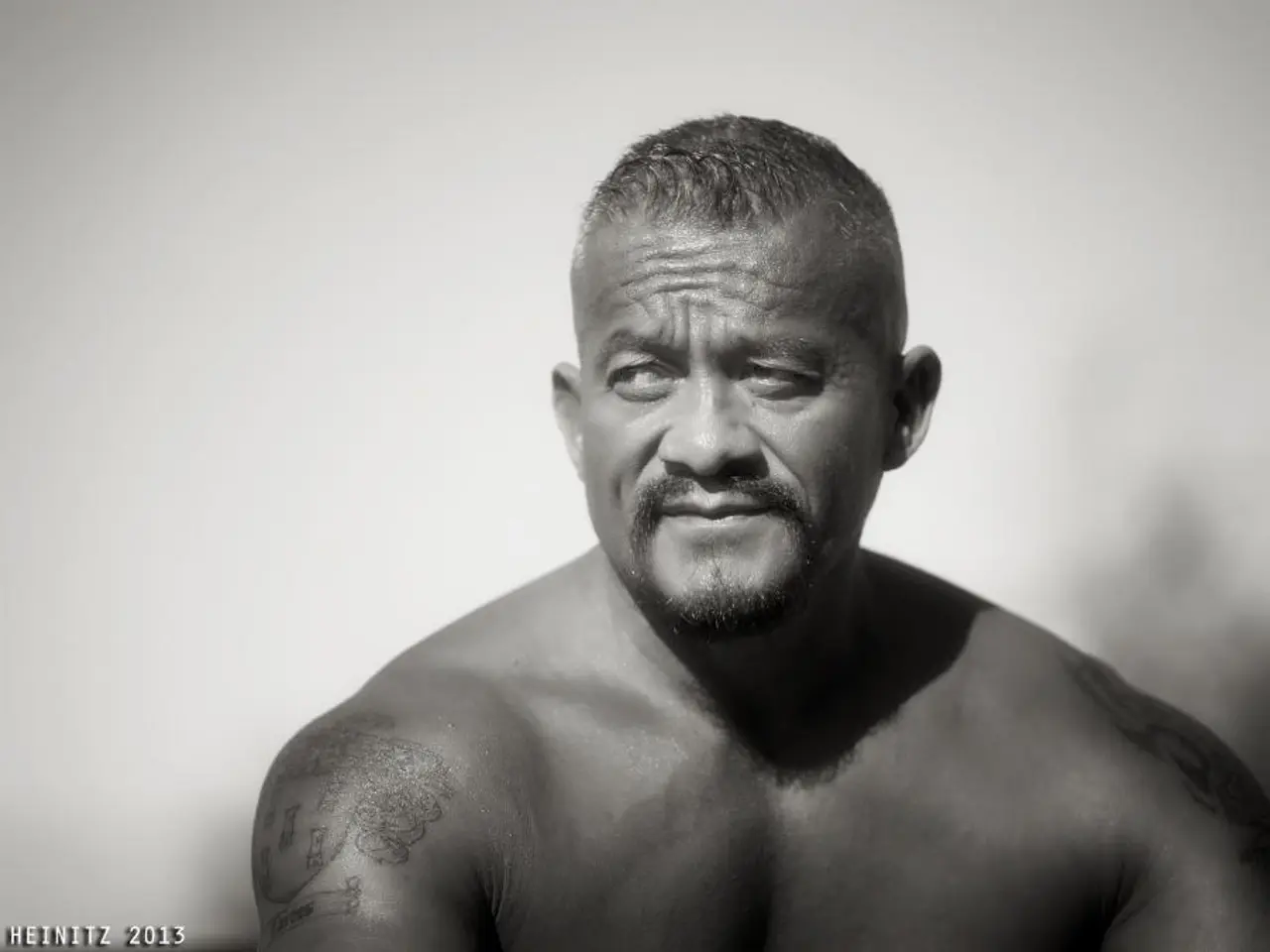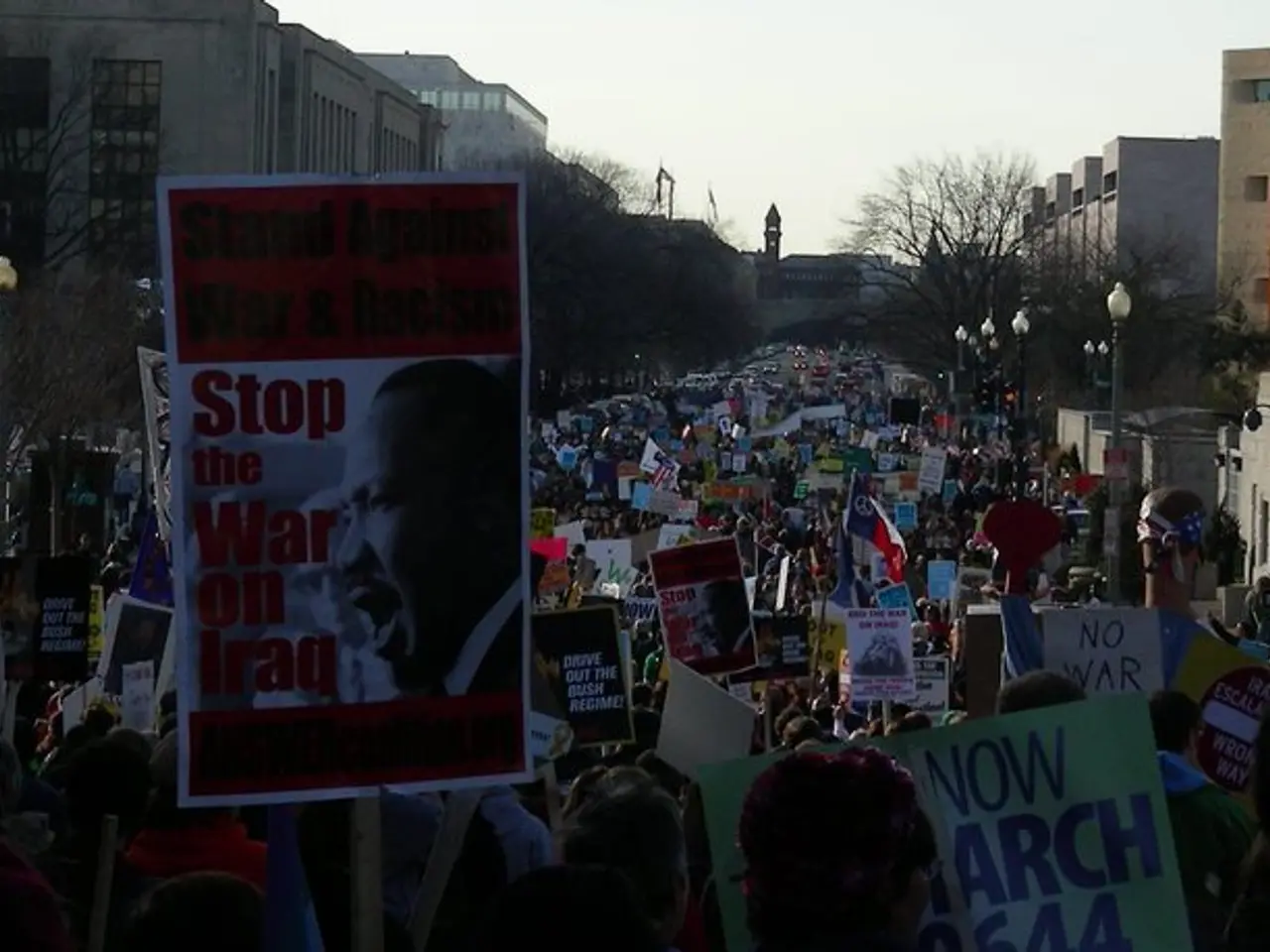Potential New Head of Immigration Services Could Advocate for Restrictive Immigrant Policies
The policies of USCIS Director Joseph Edlow, confirmed in July 2025, have had a significant impact on international students and high-skilled foreign nationals in the United States. Known for his hardline immigration stance, Edlow's policies have brought heightened enforcement and limitations that create a more challenging environment for these groups.
Edlow's policies have been particularly targeted towards programs that benefit international students and skilled workers, such as the F-1 Optional Practical Training (OPT), Curricular Practical Training (CPT), and H-1B visa programs.
One of the key impacts is the restrictions on OPT and CPT employment for international students after their academic programs end. Edlow supports prohibiting F-1 students from engaging in OPT employment and has increased scrutiny on both OPT and CPT programs. This limits the practical training opportunities that are often essential for career development.
In addition, Edlow has advocated for reducing the availability of work-based visas such as H-1B and favors prioritizing companies planning to pay higher wages and those supporting U.S. economic and national interests. This likely makes it harder for some high-skilled foreign workers to obtain or maintain H-1B status.
Under Edlow’s leadership, USCIS is emphasizing immigration enforcement, vetting, screening, and fraud detection more heavily. This could result in stricter case adjudications and increased denials or delays affecting foreign nationals.
Edlow aims to restore public trust by enforcing immigration laws stringently rather than expanding immigration benefits. This approach could translate into a more conservative approach towards approvals in international student and skilled worker categories.
Furthermore, Edlow has signaled plans to make naturalization exams more rigorous, indicating a broader toughening of immigration standards.
Research by Britta Glennon shows that these restrictions and the inability of companies to hire a sufficient number of high-skilled workers in the United States results in offshoring tech jobs and reducing R&D investment in the United States.
Jon Wasden of Wasden Law believes that the transition of USCIS from a "service" to an "enforcement" agency began under Barack Obama and intensified during Donald Trump's first term. Wasden also believes that Edlow will work with Stephen Miller to make changes to the H-1B lottery selection criteria, leading to processing delays across the board.
While the Biden administration's final rule on H-1B visas was more favorable for employers, universities, and high-skilled foreign nationals than anything produced during the Trump years, Edlow's policies could potentially reverse these gains.
In conclusion, Edlow’s policies bring a more restrictive environment for international students seeking practical training and for high-skilled foreign nationals relying on H-1B visas. This reflects a shift towards strict immigration control and less flexibility in these categories.
- The policies implemented by USCIS Director Joseph Edlow, rooted in his politics of stricter immigration control, have targeted programs that benefit international students and skilled workers such as OPT, CPT, and H-1B visas.
- The general news regarding immigration has shown that Edlow's policies have created a more challenging environment for international students, as he supports prohibiting F-1 students from engaging in OPT employment and has increased scrutiny on these programs, limiting practical training opportunities.






